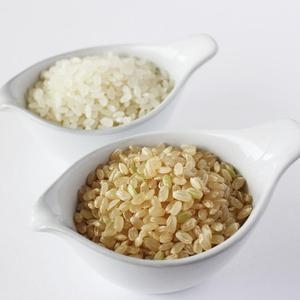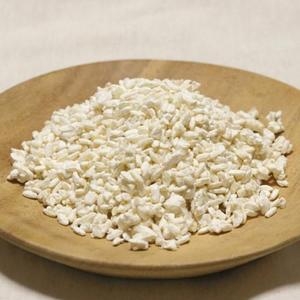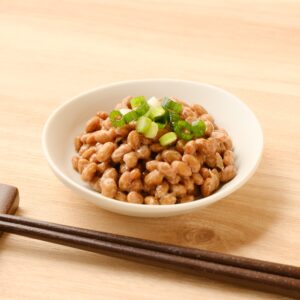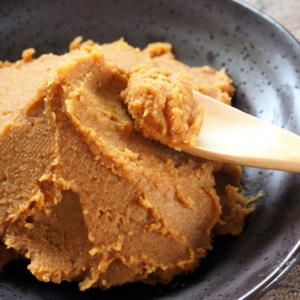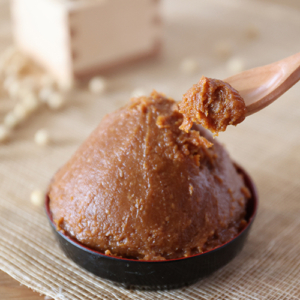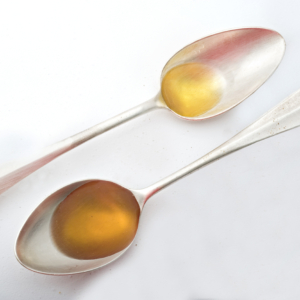Macrobiotic diet is a semi plant-based diet that was first popularized by George Ohsawa during the 20th century, then was later brought to the United States by Michio Kushi. Macrobiotic is not just a set of dietary regulations, it also provides a lifestyle guidelines with the intention to live a long and healthy life. The term macrobiotic itself was derived from the word makros (long) and bios (life).
Like any other healthy diet, macrobiotic diet can have a lot of good benefits. But, is it true that macrobiotic diet can be a treatment for cancer?
Macrobiotic And Cancer

The macrobiotic diet contains a really high amount of fiber and low amount of fat. The diet mainly consists of whole cereal grain, vegetables, soup, sea vegetables, beans, and occasional white meat. Making it a considerably healthy diet to practice, especially for those who want to improve their eating habit and overall lifestyle. The modern practice of this diet also has a great point in which the diet can be modified according to the person’s health and other considerations.
Read more about macrobiotic diet here:

A lot of research has shown that macrobiotic diet can help lower blood pressure and can be a great prevention towards cardiovascular disease and diabetes. But when it comes to cancer treatment, there is still minimal research that proves the diet to be an effective solution.
Macrobiotic has been chosen by some cancer patients as an alternative diet either done along with conventional treatment or used as a replacement of it. There are some miracle cases where a cancer patient who practiced macrobiotic diet found it to be an effective treatment. Though these anecdotal cases might be great news to hear, unfortunately macrobiotic diet itself is still not scientifically proven to treat cancer.
Macrobiotic Food Guidelines And The Potential Cancer Preventive Action

Although macrobiotic diet is still not proven to be an effective cancer treatment, there is multiple research that proves the food components in macrobiotic diet may reduce the risk of cancer.
Macrobiotic diet promotes limited to no intake of red meat. Long-term consumption of red meat and processed meat is associated with higher risk of colorectal cancer. The risk can be minimized by reducing the consumption of red and processed meat.
Moreover, macrobiotic food guidelines suggest a very limited intake on dairy products. It is not eliminated totally, but is suggested to be consumed once a month in maximum. High amount of dairy intakes is associated with higher risk of prostate cancer and linked with the risk of kidney cancer.
The diet also suggests the intake of soy products like soy milk, tofu, tempe, and natto. Isoflavones in soy derived from natural sources is proven to lower the risk of cancer. Isoflavones in soy is also known to have low estrogen levels. Food with high estrogen level has been linked with breast cancer risk.
Sea vegetables like kombu and wakame are also recommended to be eaten daily in the macrobiotic diet. These varieties of brown seaweed are known to have an anti-cancer substance called fucoidan. A number of studies also suggest that fucoidan may also have protective effects toward the development of side effects that come along with chemotherapy and radiation treatment.
Macrobiotic Lifestyle May Reduce The Risk of Cancer
Other than food, macrobiotic lifestyle also plays an important role in the reduction of cancer risk. Even though the diet is not particularly designed for cancer patients, the lifestyle guidelines are similar to the ones promoted in the American Cancer Society Guidelines on Nutrition and Physical Activity for Cancer Prevention. Both promote a healthy eating habit and regular exercise.
| American Cancer Society Guidelines |
|---|
| Eat a variety of healthful foods, with an emphasis on plant sources. |
| Eat five or more servings of a variety of vegetables and fruits each day. Choose whole grains in preference to processed (refined) grains and sugars. |
| Limit consumption of red meats, especially those high in fat and processed. Choose foods that help to maintain a healthful weight. |
| Adopt a physically active lifestyle. |
| Maintain a healthy weight throughout life. Balance caloric intake with physical activity. Lose weight if currently overweight or obese. |
| Limit consumption of alcoholic beverages. |
| Macrobiotic Lifestyle Guidelines |
|---|
| Eat a variety of whole cereal grains, vegetables, soups, beans, and sea vegetables everyday. |
| Limit the intake of eggs, dairy products, poultry, and red meat. You can eat these ingredients but only once a month. |
| Eat local seasonal food that isn’t exposed to pesticides. Avoid chemically processed foods or foods with a high amount of sweetener. |
| Cook at home and use natural cooking utensils if you can. |
| Be mindful of your physical and mental health by getting a good amount of quality sleep, exercise regularly, and meditate. |
| Avoid overeating and eating 3 hours before bedtime. |
Macrobiotic lifestyle guides emphasize the importance of routine physical activity as well as the maintenance of mental well being through meditation. The guide is also very adamant about the avoidance of chemically processed food and food produce that is exposed to pesticides. Furthermore, the suggestion to use fresh local ingredients and cook homemade foods also helps to monitor what kind of ingredient that will be consumed everyday.
Conclusion
Given the limited data and research, the efficacy of macrobiotic diet as a cure for cancer is still hard to determine for now. Macrobiotic diet cannot be a replacement for conventional cancer treatment such as chemotherapy, radiation therapy, or surgery.
For those planning to practice macrobiotic diet as a complementary treatment, it is important to remember that there are various health conditions among cancer patients, so always consult with your doctor before practicing the diet. The diet should be monitored by a proper physician in order to avoid malnutrition or altered metabolism. If planned inadequately, macrobiotic diet may cause more harm than good.
A carefully planned macrobiotic diet along with a healthy lifestyle can be effective in preventing major health problems including cancer.
Frequently Asked Questions
- Does the macrobiotic diet cure cancer?
- No. Unfortunately, there is still no scientific proof that macrobiotic diet cures cancer.
- Can a cancer patient practice the macrobiotic diet?
- It depends. Even though it doesn’t necessarily cure cancer, when planned properly, macrobiotic diet can be beneficial for some cancer patients just like any other nutritious well balanced diet would. But since the health condition of each cancer patient may vary, always make sure to consult with your doctor first since macrobiotic diet in cancer patients needs proper monitoring.
- Does the macrobiotic diet reduce cancer risk?
- If done correctly along with a healthy lifestyle and regular exercise, it can lower the risk of cancer just like any healthy diet would.
Recommended Macrobiotic Products


 Content List
Content List
